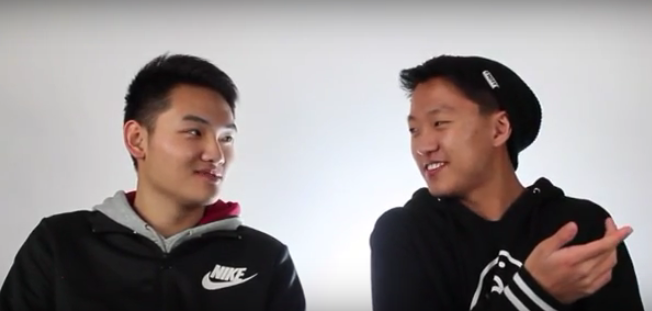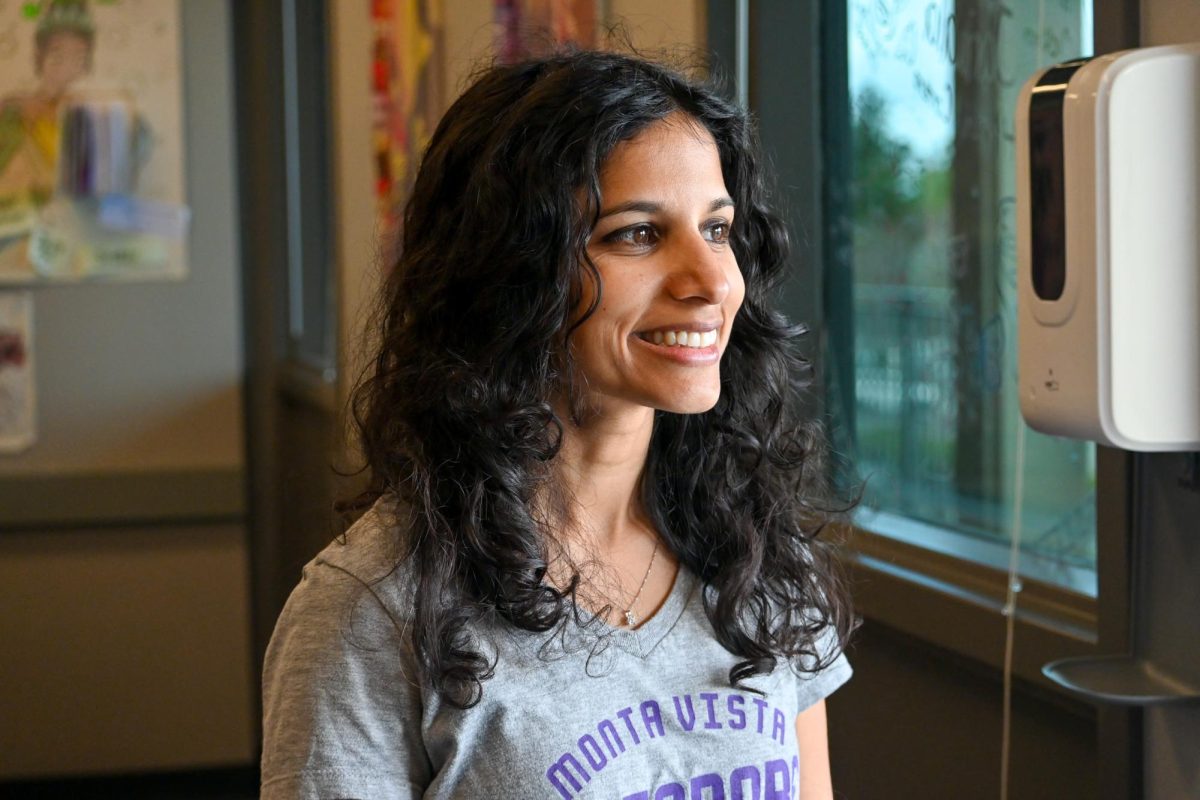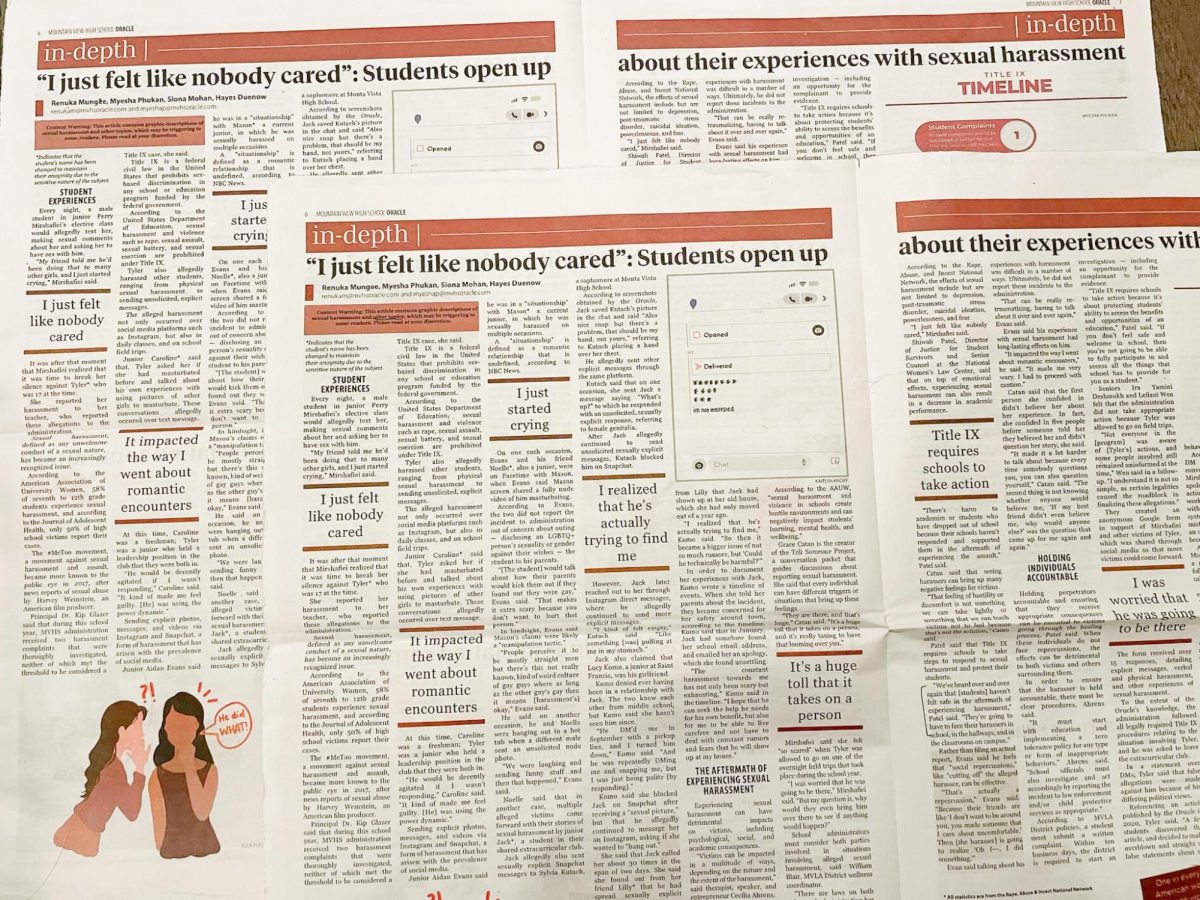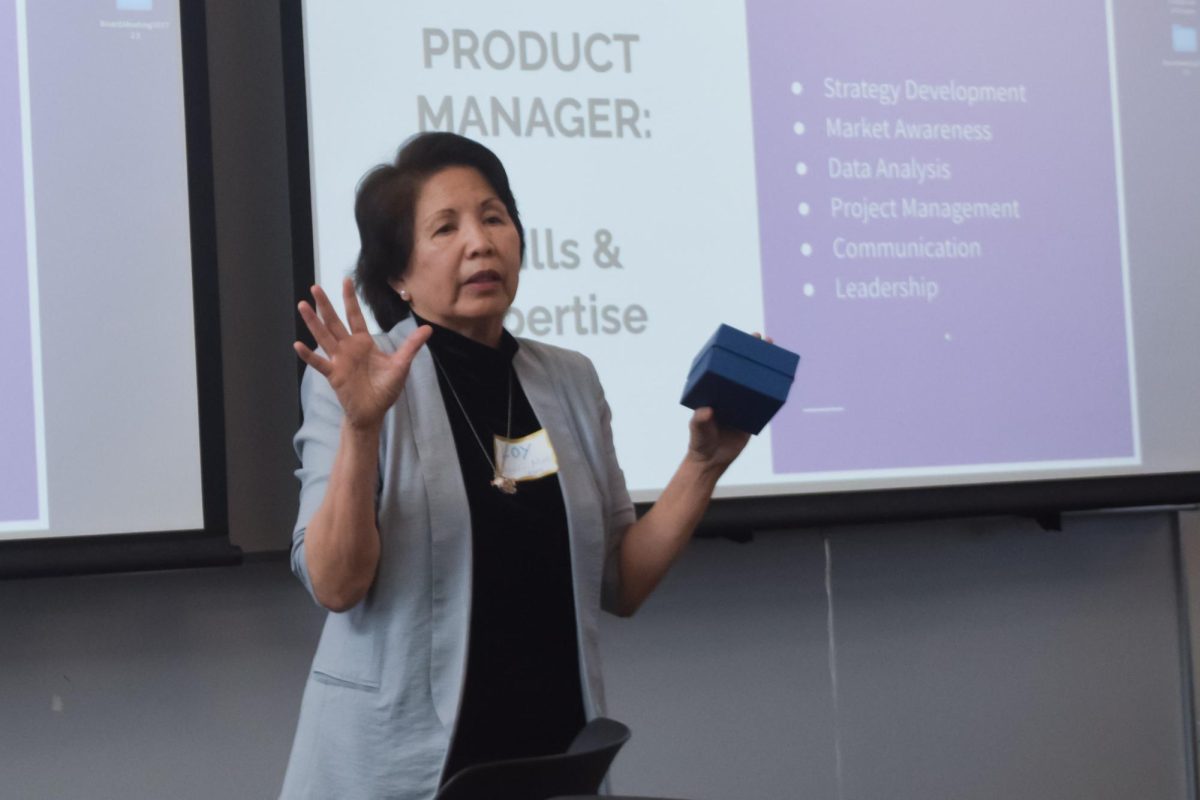From Nov. to March, social media circles become populated by familiar faces with unfamiliar names as seniors partake in the tradition of switching last or first names with their best friends, or changing their name to something recognizable to friends but not to investigating admissions officers.
A student whose last name is Shmariahu will change his Facebook last name to “Shen.” A student whose first name is Scott will change his Facebook first name to “Waffuru.”
Wait, what?
“[My friend and I] tried to Facebook stalk someone but we couldn’t find them because they changed their name,” Senior Scott Ji said. “So, we were like ‘Dude, let’s just change our names together.’”
Ji and his friend created new names based off of an inside joke developed from a childhood nickname. Both Ji and senior Yoav Shmariahu are amongst many other seniors who have recently changed their Facebook names.
“I just know that other people have done it in the past,” Shmariahu said, “so I figured it’s something that college admissions look at.”
Shmariahu swapped last names with one of his friends for his online profile.
After going through so much trouble creating an online alias, students might be surprised to find out that some colleges don’t actually dial into prospective students’ activity on social media.
“We don’t actively do that. That’s not to say that other schools may not, but I don’t think any school is out to look for what students are doing in their private lives if it’s not part of their application,” Eva Blanco, dean of undergraduate admissions at Santa Clara University, said. “But it being public space, it is open game, it is available information that anybody could access.”
Blanco has been working at SCU overseeing all operations and admissions processes of every enrolling class from recruitment to evaluation for almost 13 years. Applications are reviewed contextually and holistically, but social media isn’t a formal or even necessarily sought asset of the application.
I don’t think any school is out to look for what students are doing in their private lives if it’s not part of their application
Colleges receive thousands upon thousands of applications a year. The chances that admissions officers are going to go through each and applicant’s Facebook, Twitter, Instagram and Vine profiles isn’t very likely.
However, with the upsurge of social media presence in teens’ lives, colleges are on the social media game too. Colleges utilize social media platforms such as Facebook, Instagram and Twitter to keep students informed of programs, deadlines, or events.
“It’s more of an advantage for them to inform themselves,” Blanco said. “It’s not for us as a domain that we seek to get any more information from students that might not otherwise be in their application.”
But, if a prospective student were to go on the profiles of their prospective colleges, that’s not to say that they wouldn’t be taken note of.
“Anything you might put out there projected either under your name or a different name or a pseudo-name still traces back to you and still projects something about you that isn’t necessarily erasable,” Blanco said.
The space on the world wide web is public and open game for anyone to access; that’s a given. College admissions officers are college admissions officers, not the CIA.






















